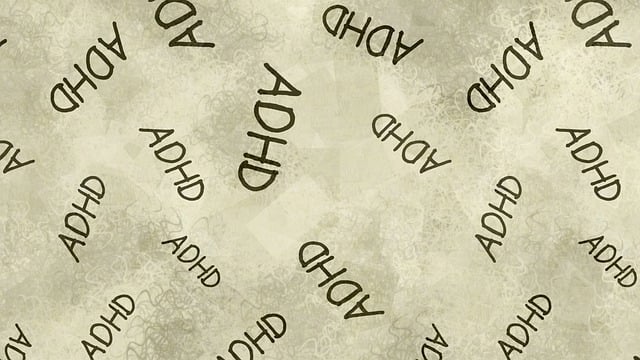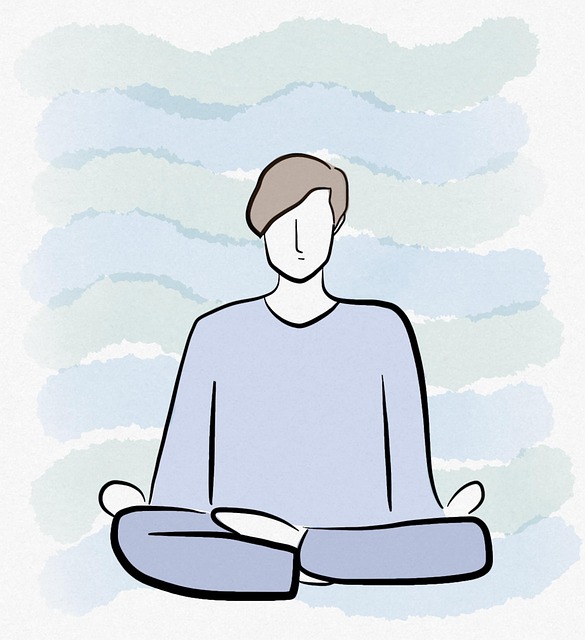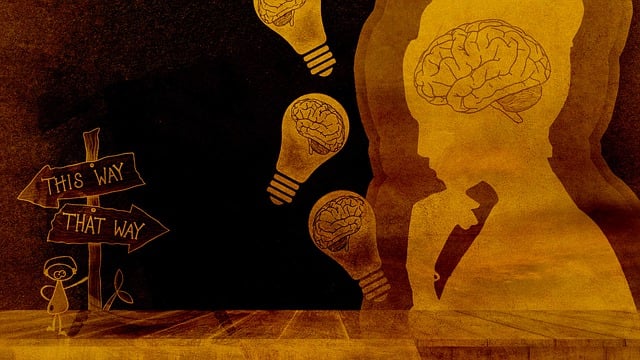Effective mood regulation is crucial for elder well-being, addressing age-related mental health challenges. Therapy for Elders and Anger Management are key strategies. Anger management addresses unique obstacles like physical limitations and social isolation, with tailored approaches such as Social Skills Training, mindfulness practices, and Stress Management Workshops. Cognitive-Behavioral Therapy (CBT) is an evidence-based method proven effective in mood stabilization, altering negative thought patterns and behaviors. Mindfulness and meditation also offer powerful tools for stress reduction and emotional well-being. Lifestyle adjustments like exercise, diet, and sleep, along with strong social connections, play vital roles in mental health. Community involvement through groups and workshops enhances mental health awareness and navigation of challenging situations.
In today’s digital era, understanding and managing mood regulation is more crucial than ever for elders’ well-being. This article delves into effective strategies that can significantly enhance their quality of life. We explore common challenges in anger management among older adults and present evidence-based solutions like Cognitive-Behavioral Therapy (CBT). Additionally, we discuss mindfulness techniques, lifestyle adjustments, and the vital role of support networks in fostering positive mental health for elders, particularly focusing on anger management.
- Understanding Mood Regulation and Its Impact on Elders' Well-being
- Common Challenges in Anger Management for Older Adults
- Cognitive-Behavioral Therapy (CBT): A Powerful Tool for Mood Stabilization
- Mindfulness and Meditation Techniques to Calm the Mind
- Lifestyle Adjustments and Support Networks for Effective Mood Regulation
Understanding Mood Regulation and Its Impact on Elders' Well-being

Understanding mood regulation is a cornerstone for enhancing the well-being of elders. Mood, a central aspect of mental health, significantly influences how individuals perceive and interact with their environment. For seniors, effective mood regulation strategies become even more critical due to various age-related changes. These strategies can be life-changing, especially when combined with therapy for elders tailored to address specific challenges like anger management. Anger, a common emotional response, can escalate if left unaddressed, leading to isolation and increased health risks in older adults.
Public awareness campaigns development and mental health education programs design focused on mood regulation can empower seniors to manage their emotions effectively. By learning these strategies, elders can improve self-esteem and enhance their overall quality of life. Such initiatives also contribute to a broader understanding of the importance of emotional well-being, especially as our population ages.
Common Challenges in Anger Management for Older Adults

Anger management is a significant challenge for many older adults, who often face unique obstacles in regulating their emotions effectively. As individuals age, physical and cognitive changes can impact their ability to manage anger, leading to increased frustration and potential health risks. Common challenges include reduced mobility, which can limit their ability to engage in physical activities that help alleviate stress and anger, and cognitive decline, making it harder to identify and control emotional responses.
Additionally, social isolation is a prevalent issue among older adults, which can contribute to anger and resentment. Without regular interaction and support from peers, they may struggle with expressing themselves constructively. Therapy for elders focused on anger management should address these specific challenges, incorporating strategies like Social Skills Training to enhance communication, Inner Strength Development through mindfulness practices, and Stress Management Workshops organized by community centers or healthcare providers to offer safe spaces for emotional expression.
Cognitive-Behavioral Therapy (CBT): A Powerful Tool for Mood Stabilization

Cognitive-Behavioral Therapy (CBT) has emerged as a highly effective tool for mood stabilization, particularly in addressing issues like anger management among elders. This form of therapy focuses on identifying and changing negative thought patterns and behaviors that contribute to emotional dysregulation. By helping individuals challenge distorted thinking and adopt healthier cognitive processes, CBT enables better emotional regulation.
For elders struggling with anger management, CBT can be tailored to address cultural competencies, ensuring the therapy aligns with their unique experiences and perspectives. Encouraging positive thinking and fostering resilience are key aspects of this approach. Through CBT, elders learn coping strategies to manage intense emotions, leading to improved overall mental health and quality of life. This evidence-based method has proven successful in various healthcare settings, offering a promising solution for those seeking effective mood regulation strategies.
Mindfulness and Meditation Techniques to Calm the Mind

Mindfulness and meditation have emerged as powerful tools for elders seeking to regulate their moods and manage anger effectively. These techniques involve focusing one’s attention on the present moment, observing thoughts and sensations without judgment, and cultivating a sense of calm. Regular practice has been shown to reduce stress levels, improve emotional well-being, and enhance overall mental clarity.
Through mindfulness meditation, elders can learn to disengage from negative thought patterns and anger triggers. Techniques such as deep breathing exercises, body scans, and guided visualizations help in calming the mind and reducing reactivity to stressful situations. Incorporating these practices into daily routines not only benefits individual mood regulation but also contributes to a more peaceful and harmonious environment, fostering better relationships and conflict resolution skills, even in challenging circumstances.
Lifestyle Adjustments and Support Networks for Effective Mood Regulation

In addition to professional therapy for elders, effective mood regulation involves significant lifestyle adjustments and a robust support network. Encouraging regular physical activity, maintaining a balanced diet, and prioritizing quality sleep can significantly impact an individual’s mental health. These foundational aspects of well-being contribute to emotional stability and resilience.
Building and leveraging support networks is another crucial element. Strong social connections serve as a buffer against mood disorders, offering emotional support and opportunities for shared activities that promote positive mental health. Incorporating social interactions into daily routines can include joining community groups, participating in Stress Management Workshops organized by local organizations, or engaging in Conflict Resolution Techniques through educational programs designed to foster healthy communication and resolve interpersonal conflicts. These initiatives not only enhance mental health awareness but also equip individuals with practical tools for navigating challenging situations.
Mood regulation is a vital aspect of maintaining well-being, especially for older adults. By understanding common challenges like anger management issues and exploring evidence-based strategies such as Cognitive-Behavioral Therapy (CBT), mindfulness practices, and lifestyle adjustments, elders can effectively manage their moods. These approaches empower individuals to navigate emotional landscapes, fostering improved mental health and enhanced quality of life. Incorporating support networks into these strategies further strengthens the tools available for effective mood regulation in older adults.









